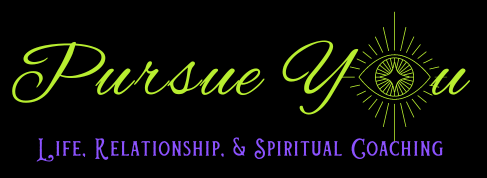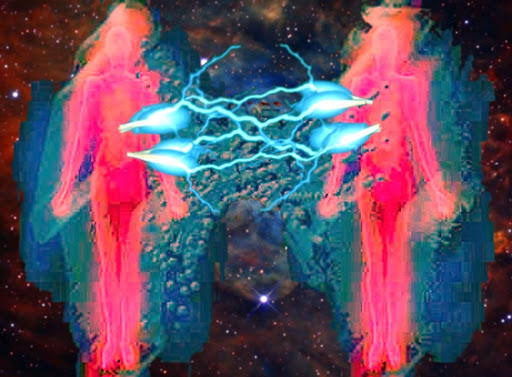Have you ever talked to a friend after having a rough experience? Wanting them to tell you how horrible it was, wanting them to tell you the same things that you are telling you about that experience?
Why aren’t your own feelings about that experience enough? Why do you seek external validation for your experience?
Because there are, if you will, different “forms” of self-validation that show up in different ways. If you’re rejecting you before you approach another person, if you tell yourself that you will end up failing even before you make an attempt, etc. I want to focus on self-validation and trust here in a limited way.
We seek that external validation because we don’t trust ourself, therefore any feelings we have are invalid until proven valid externally. We compare our experiences to others’ experiences and tell ourselves that although we have these certain feelings about those experiences, we shouldn’t be having those feelings about it because of one reason or another, and our feelings about it are therefore, invalid. So we seek out the external to help us be more accepting of our own feelings about it. Our experience. And our experience versus others’ experiences.
Who matters most when it comes to having an experience. Whether it is a good one, bad one, or an unbelievable one? The person that is having the experience or someone or some thing outside of that experience? Doesn’t the experience validate itself just by being experienced by you? (My use of labels is not to negate the nature of duality itself, as everything always just “is”)
Validation. I am right. I am wrong. If you are seeking external validation for your experiences, both of those thoughts will come to your mind. And both of those thoughts will be validated externally. Uh oh, now what do you do? Who do you believe?
You seek the external validation to prove yourself right, in one form or another (but we’re just scratching the surface when it comes to that for this post’s purpose). One would think that self-validation would seem to look like this:
“This is bad because it is bad.”
“This is true because it is true, so it is true.”
“This is real because I say so, I trust that it is real”
If this is what self-validation looks like, then there is validation, but a temporary one that will keep going back and forth. At some point, doubt will sneak it’s ugly head back into play and you’re right back to where you started.
Validation goes hand in hand with trust. And if you do not trust yourself, how can you validate yourself? You can tell yourself a million and a half times over, “I am right because I believe and trust in myself, I am right because I am right” and doubt will still creep in. Why? Because you don’t trust yourself. Once you build a foundation of self-trust, this kind of dialogue can help in getting you a step towards self-validation. But self-validation goes deeper than that.
Self-validation looks more like this:
“This experience is real because I am experiencing this and I am real”
“This is bad because I am experiencing unpleasant feelings and it feels bad”
If you are in a room with someone, and you take LSD and start to hallucinate, is that experience less real to you because someone else cannot see what you see and cannot experience what you are experiencing? They can’t validate it for you, because they are not you. Does it make the experience less real? This rings true regardless of the circumstances.
You are the only you that is out there. Nobody else is YOU. Nobody can validate your experiences for you, as you own your experiences. If you are having an experience, and if you are looking towards the external to validate your experience, what is that telling you about your self trust? The only way for your experience to be invalid would be because you are not real! Do we think that we are not real? Do we think that our experiences are somehow inferior to others’?
We are so caught up in others’ validation that we cannot even own our own experiences unless someone else does it for us? If we were riding a rollercoaster, having the time of our lives, we’re laughing, screaming with joy, do we look at the person sitting next to us and if they look like they aren’t having too much fun, do we change our demeanor to match theirs? Or do we live in the moment, experience the experience for what it is, and not worry too much about whether or not we are “right” or “wrong” in our experience and how we feel? There are some that do so in certain social situations. Probably not while riding a rollercoaster, but you catch my drift 😉
Self-validating your experience is not about establishing fact. It is not about establishing trust that establishes any fact. It is about establishing trust. Self-validation is about trusting that what you are experiencing is what you are experiencing, and there is nothing more to it, nothing makes it false because YOU are the one experiencing it inside of YOU. And that experience is a part of your life, your journey. You are the experiencer. Stop looking for validation for YOUR experience, it is real because you are experiencing it; it exists solely because you are the experiencer – so get on and start experiencing you little experiencer you! 😃
Check out my blog’s Facebook page and Pursue You Coaching Facebook page for more information and join my Facebook Group or contact me at pursueyoucoach@gmail.com for a FREE 30 minute session. You can also check out my YouTube Channel: Pursue You Coaching


2 thoughts on “How to Validate Connection”